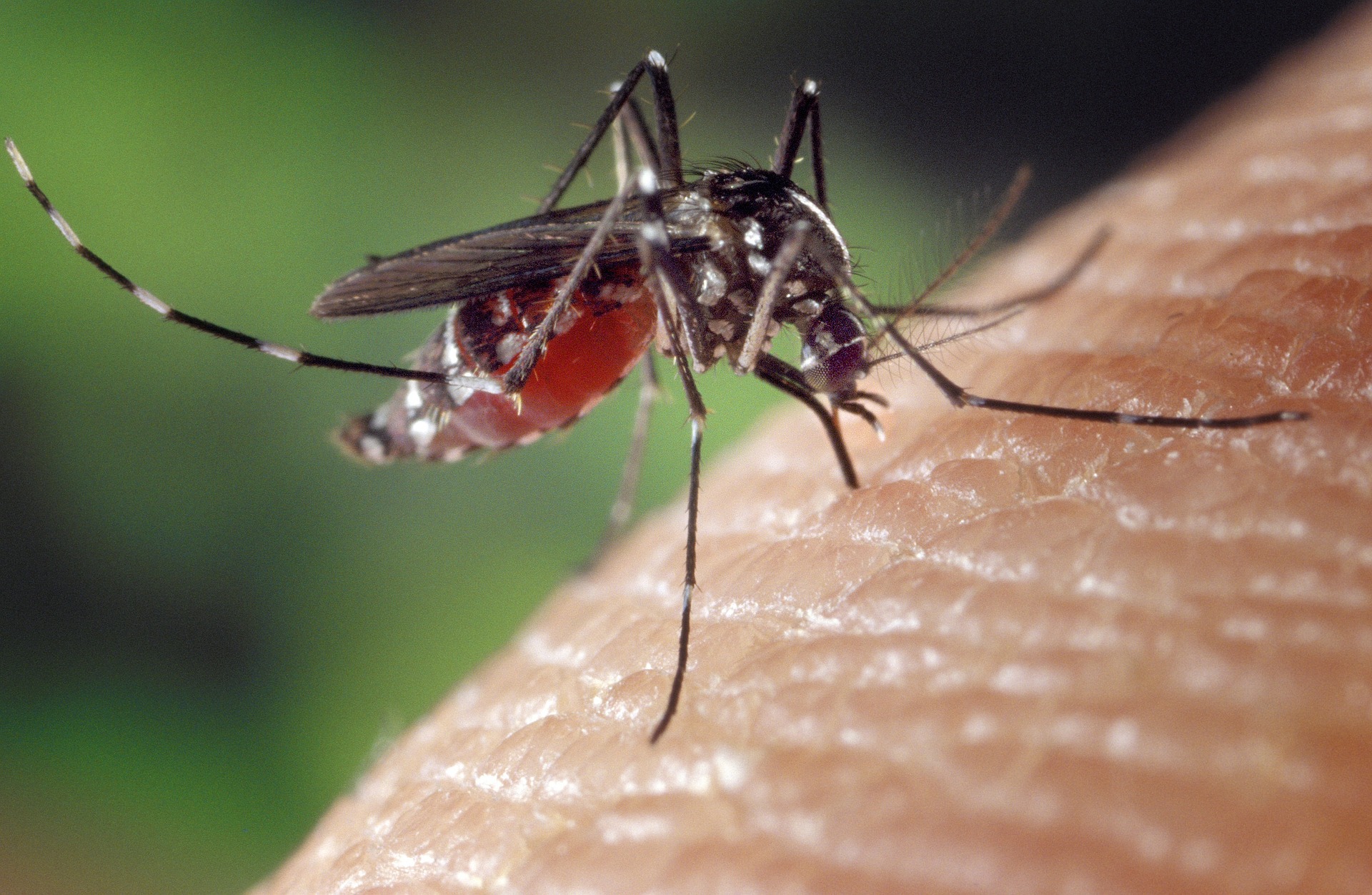
The warm weather accelerates the development of biting mosquito larvae.Continue reading

The EU’s Environment Council adopted the Nature Restoration Law (NRL) on June 17, following intense debate, WWF Hungary announced. This marked the final step for the proposal to become law.
According to 24.hu, the law was formally approved by a majority of 20 countries representing 66.07% of the EU population. This approval came after Austrian Environment Minister Leonore Gewessler changed her country’s position at the last minute, saving the legislation.
The #RestoreNature coalition, consisting of WWF EU, BirdLife Europe, ClientEarth, and EEB, hailed the vote as a major victory for nature and European citizens who have long demanded urgent action to address the alarming decline in biodiversity.
The coalition emphasized the need for Member States to implement the legislation promptly, working closely with all stakeholders.
Under the Nature Restoration Law, EU countries must restore at least 30% of degraded habitats, such as forests, grasslands, wetlands, rivers, and lakes, to favorable ecological status by 2030. By 2050, the goal is even more ambitious: restoring 90% of habitats to a state that cannot be degraded again.
The journey of the law has been one of the most tumultuous in EU legislative history. It faced a significant disinformation campaign and the threat of rejection at the final stage in the Environment Council, particularly after the Hungarian government joined its opposition. WWF Hungary, along with its partners—the Hungarian Ornithological and Nature Conservation Society and the National Society of Conservationists —lobbied to reverse the government’s stance.
Ultimately, Hungary remained in opposition, along with Finland, the Netherlands, Poland, Italy, and Sweden.
Despite this, the law was adopted. This achievement is timely, as the upcoming UN Conference on Biological Diversity (CBD COP16) will provide Europe with the opportunity to demonstrate its leadership in combating climate change and the biodiversity crisis through global commitments.
In recent years, more than one million EU citizens have sent signatures and messages supporting this issue. Over 6,000 scientists, more than 100 businesses, and numerous youth organizations and NGOs from various sectors have repeatedly urged decision-makers to defend the law and uphold the EU Green Deal.
Via 24.hu; Featured Image: Pixabay